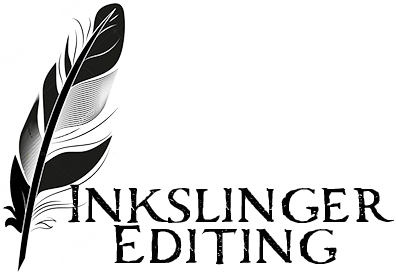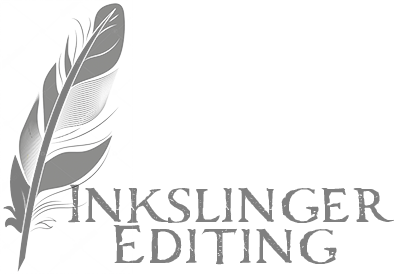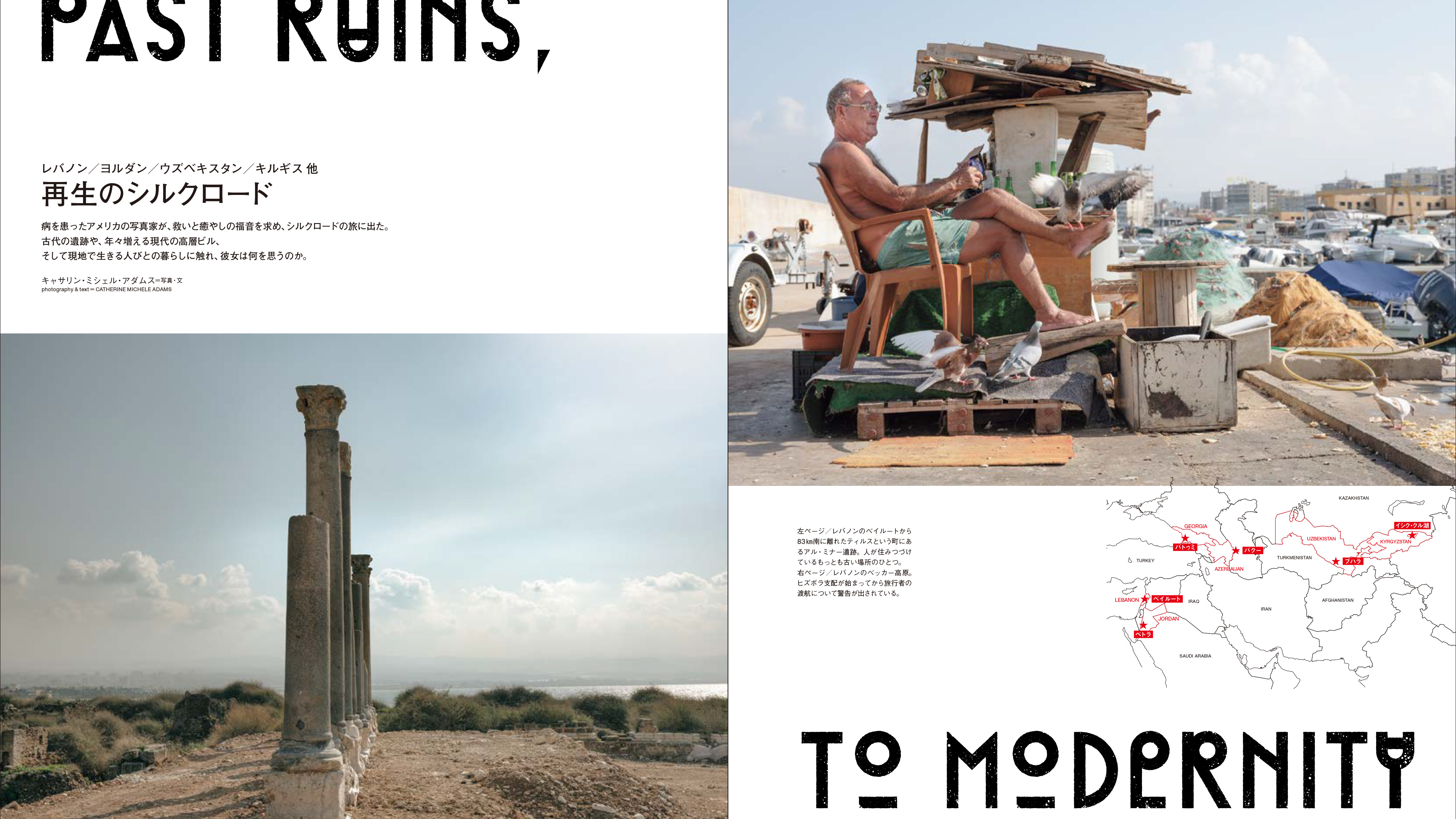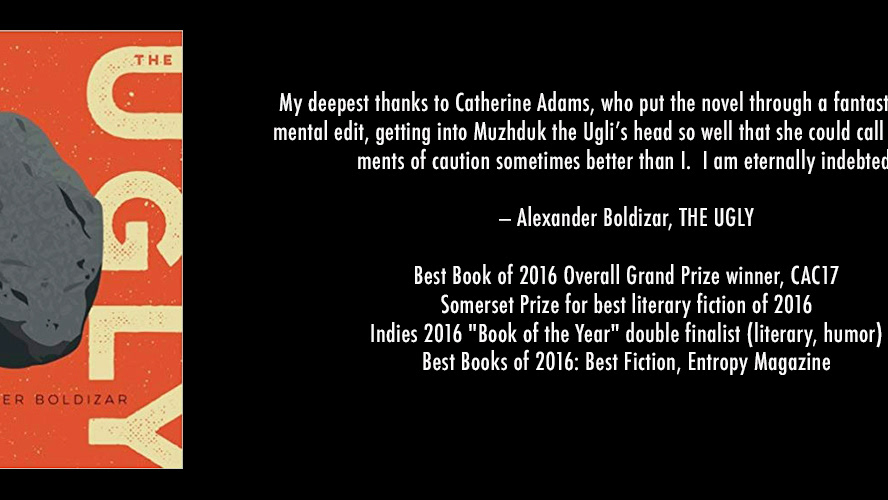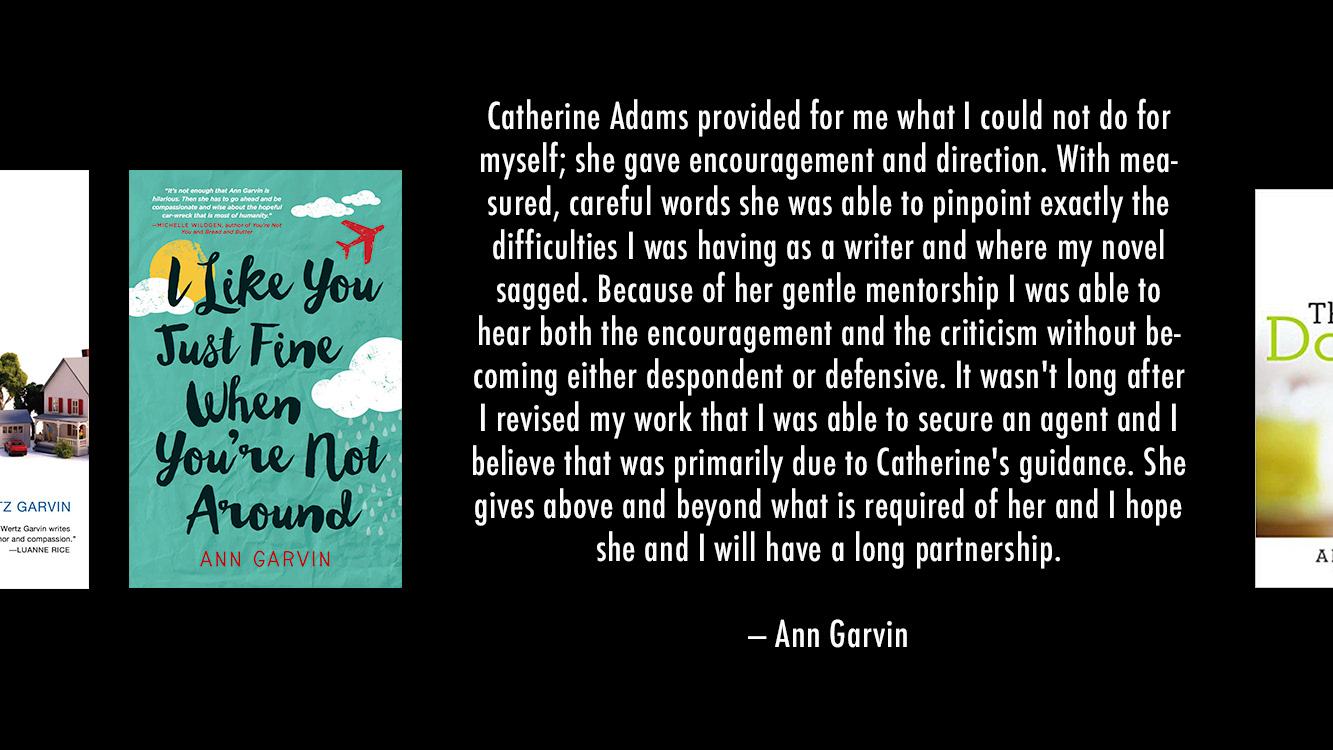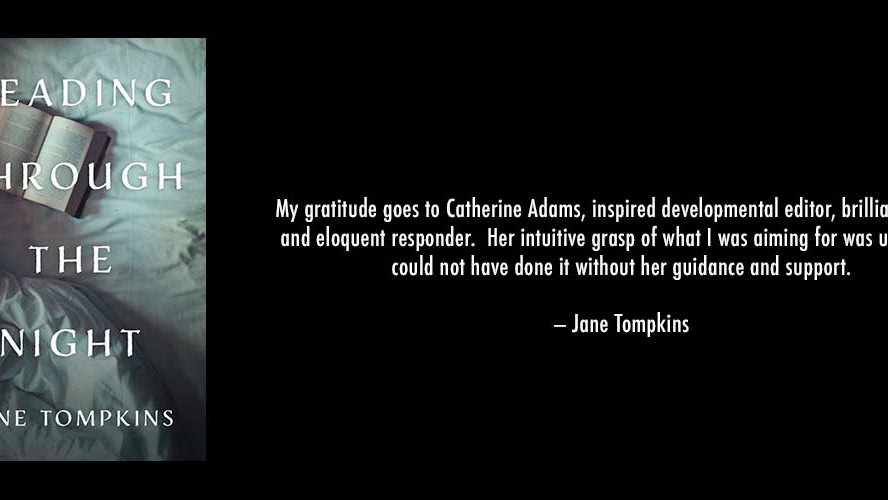When picking up a manuscript, I am most concerned with how the work engages me as a reader. How does it captivate me? Guide me? Teach me to follow its emotional and/or intellectual threads?
As I often say to writers, I believe deeply in generosity. A writer who is generous to her or his audience is a writer who will lead that reader deeper into both narrative and argument. This is my guiding philosophy no matter the project. How that transforms into editing advice is where the individuality of the manuscript comes in. Every manuscript is distinct, so editing advice is tailored to the strengths and weaknesses of a given project. Yes, there are a handful of concerns I'm always looking out for—but how these come together in a given work will always be unique.
Still, publishing is a world of categories—a.k.a. genres. Being able to maintain your unique voice and message while simultaneously managing the expectations of your particular genre—well, that's a large part of the task before you.
Similarly, when approaching a new project or when starting to work with a new writer, I consider what category or genre it falls into. Is it nonfiction or fiction? Is it book length, proposal length, or essay/short story length? Academic or New York? Upscale or literary or science fiction? Is the writer already established in a given field, or is the author about to break onto the scene? Each of these things matters.
Therefore, I encourage writers to share with me this information when first contacting me. This generosity is much appreciated. What follows next is completely tailored to each manuscript.
The Process
Over the past two decades, I have worked with manuscript in a variety of ways—initial evaluations, 50-page (and more) comprehensive analyses, and comprehensive page-by-page, line-by-line editing.
These intensive services provide terrific, detailed response. But for most manuscripts, they are overkill. And expensive overkill.
My preferred method of beginning to work with an author and the manuscript is through a Manuscript Review. In this highly tailored developmental edit, I assess the manuscript to identify the most critical revisions to make. Not every revision, but the most critical—because any revision that you make changes a manuscript structurally and makes comprehensive services, quite simply, over the top. This service is like a "Revision Note" that an agent will give to a new client when taking on their project. It is a tool for efficiently and effectively laying out a revision plan.
To begin, I read the entire manuscript all the way through, making notes along the way. I, then, immediately go back through the manuscript for a second pass. Inside the manuscript itself, I flesh out suggestions on a range of issues, from structure to flow to prose to voice, focusing on what technical components your particular manuscript needs additional attention. I also identify openings for further development, note passages requiring more clarity or polish, and critique the effectiveness of the material's movement from one passage or thread to another.
The goal of these margin comments is to provide the presentation of a focused plan for revision. I also provide an additional Revision Note to put those margin comments in context. This note is particularly important for fulfilling one of my key responsibilities as an editor—that of education. I believe that additional insights about specific writing techniques can provide the key for approaching work fresh.
It is important to note that this Manuscript Review does not seek to be utterly comprehensive. It focuses on the most critical issues to explore in revision (for some that would be voice, while for others, it is plot), and I promise critique that combines frankness with support. I will tell you directly what fails to hit in the narrative, but alongside that will be explanation of why and what you can do to generate stronger momentum and sharper stakes.
Through this developmental work, we make sure together that the project is developed effectively before you move on to fine-tuning pacing, tone, and language. This particular process, I have found, permits writers to tackle revision and reach the polishing stage more quickly, and I continue working with writers through the revision as closely as desired. I also like to take a hard look at all available query materials since it’s never too early to think about the business side of writing and how the pitch and the manuscript work together.
A developmental edit like this, as to be expected, involves the trust I mentioned before, which is why I feel so fortunate that almost all of my client relationships begin with a direct referral. The writer-editor relationship is a close one, so each writer needs to find one that "fits" with how they might best work through revision. While I can tailor my approach to a writer's needs, there's still a basic philosophy at work. For example, I am committed to seeing a writer's work—even the first work—in terms of a larger, potential career. In other words, I see myself as mentoring an author, not only critiquing and helping to develop a specific book-length project. Happily for me, this results in working with clients for years through many books. Second, I try to emphasize active exchange of drafts as part of the process. In other words, I'd rather not do an exhaustive treatment of a draft right away but focus in on the key areas. (Though this will feel extensive when you sit down with the pages!) That way, resources (financial and otherwise) are saved that can be applied to editing the subsequent drafts. My feeling is this: There's usually so much that can be said about the first draft I see, it's easy to overwhelm an author with advice. Giving more concise and integrated advice results in significant change overall.
I look forward to your thoughts and the opportunity to work with you.
